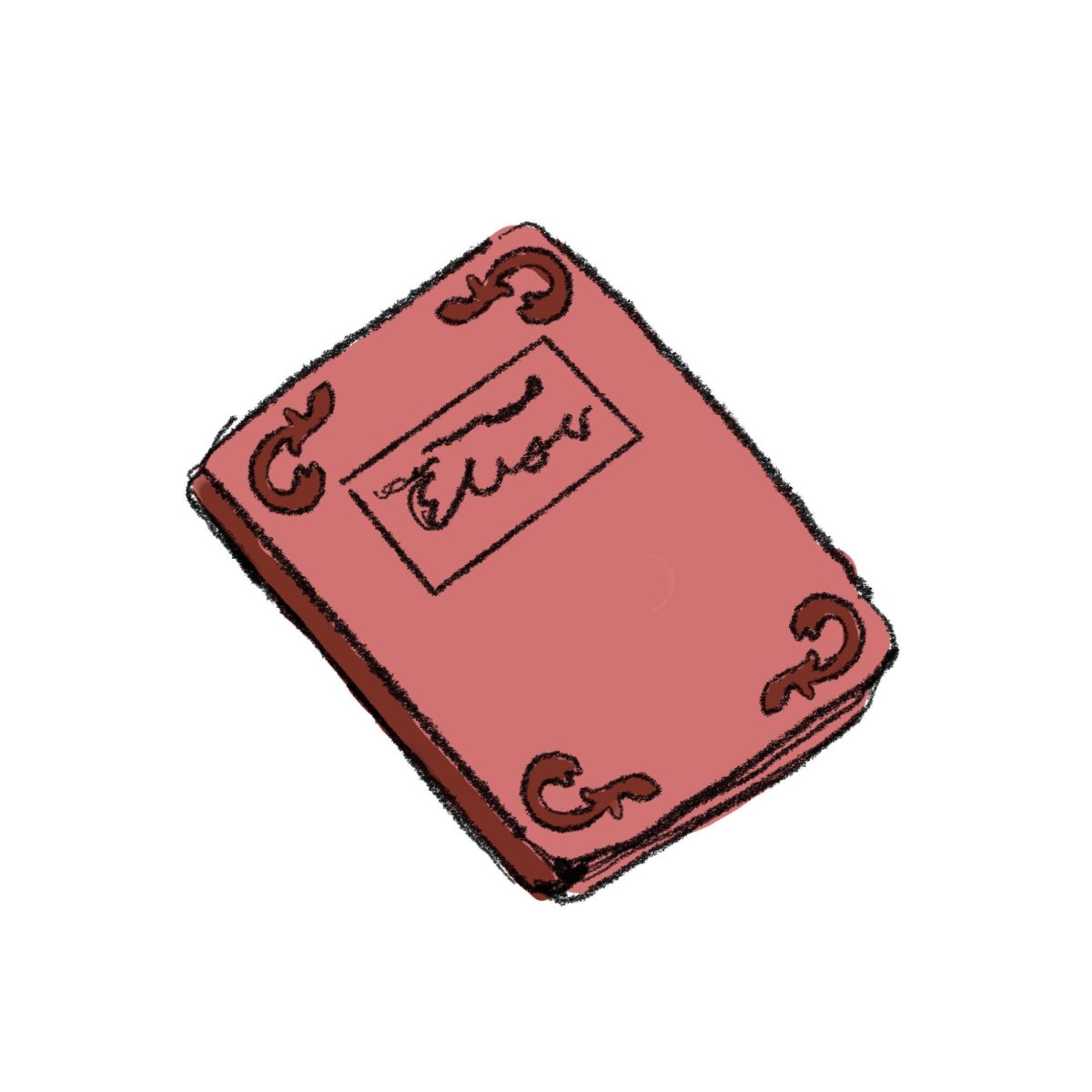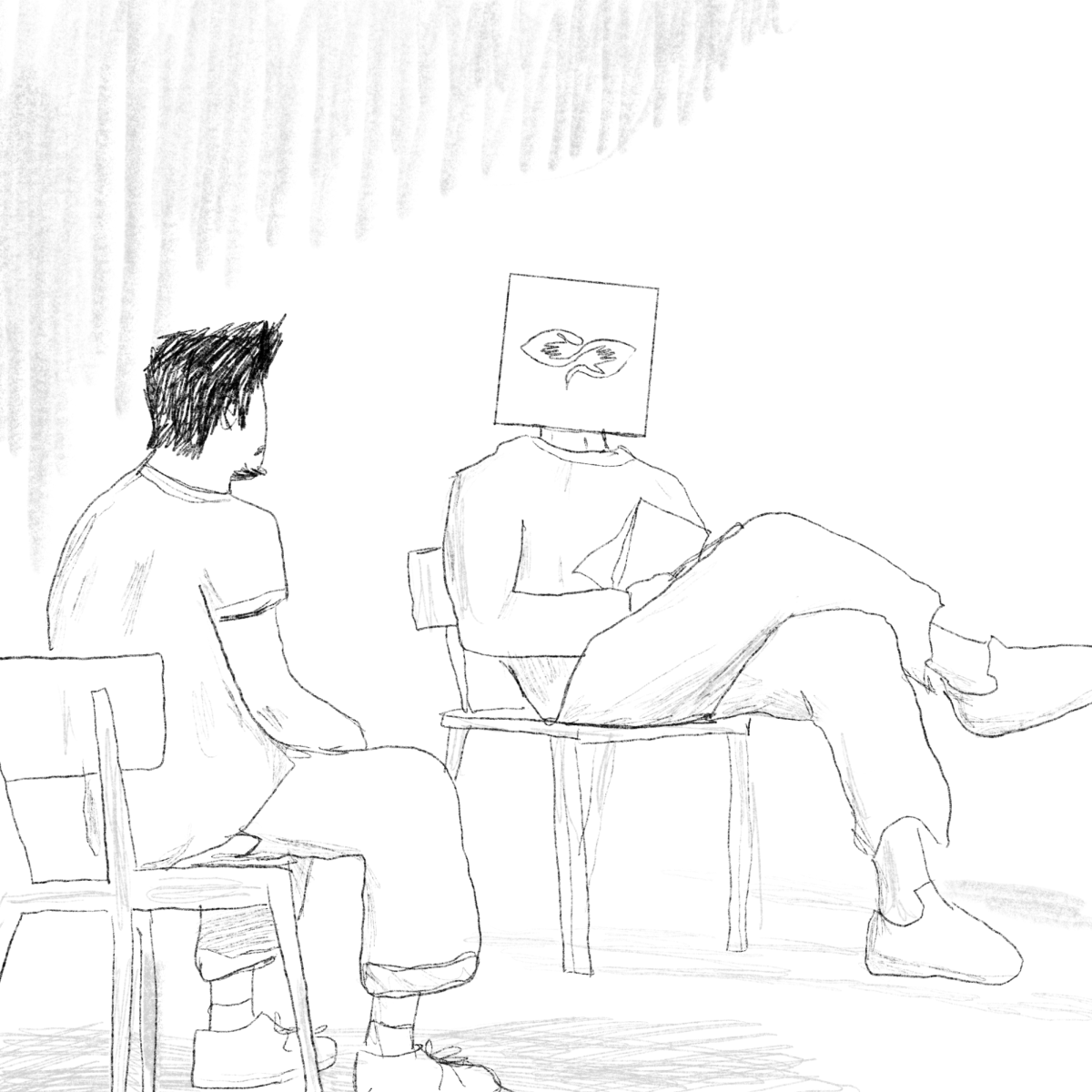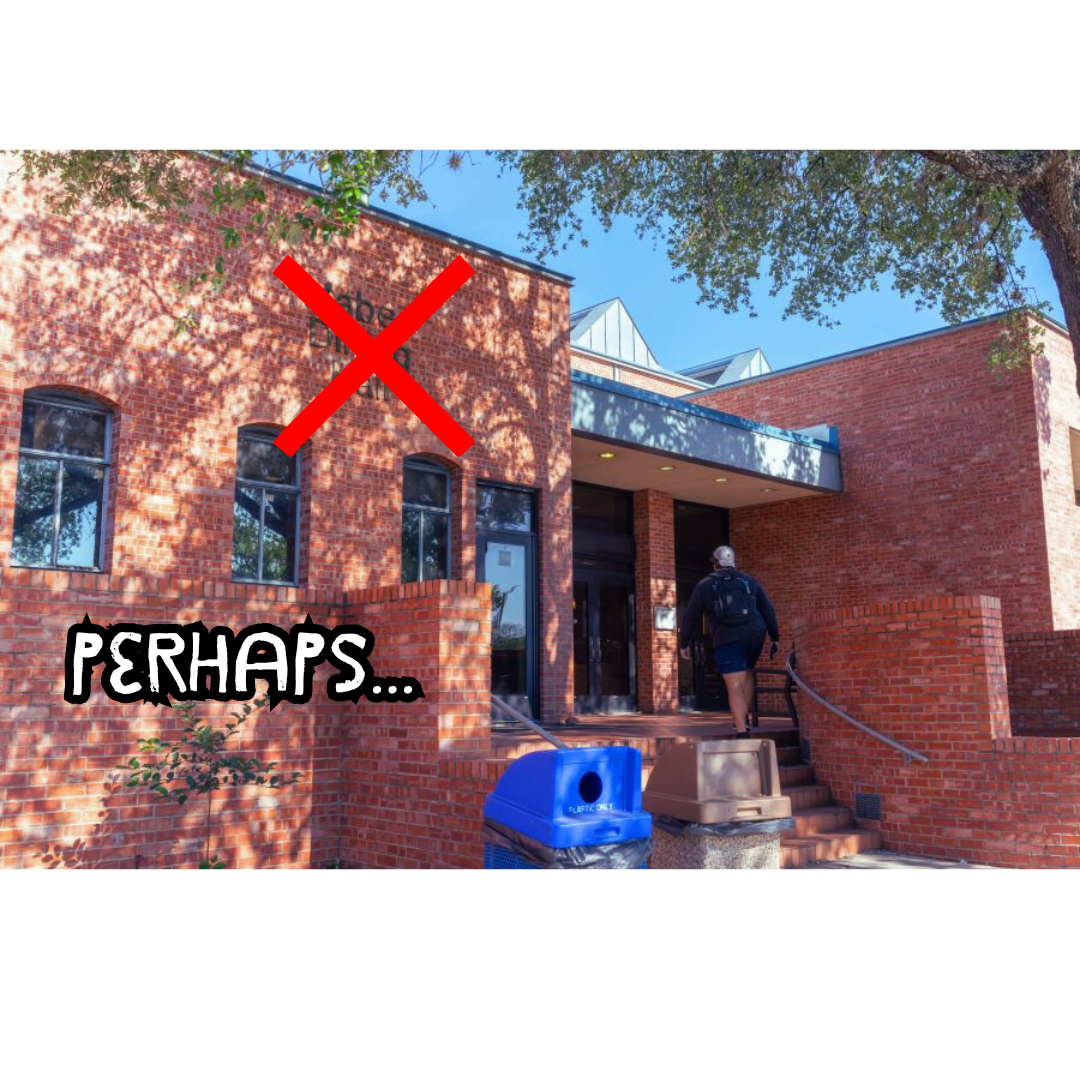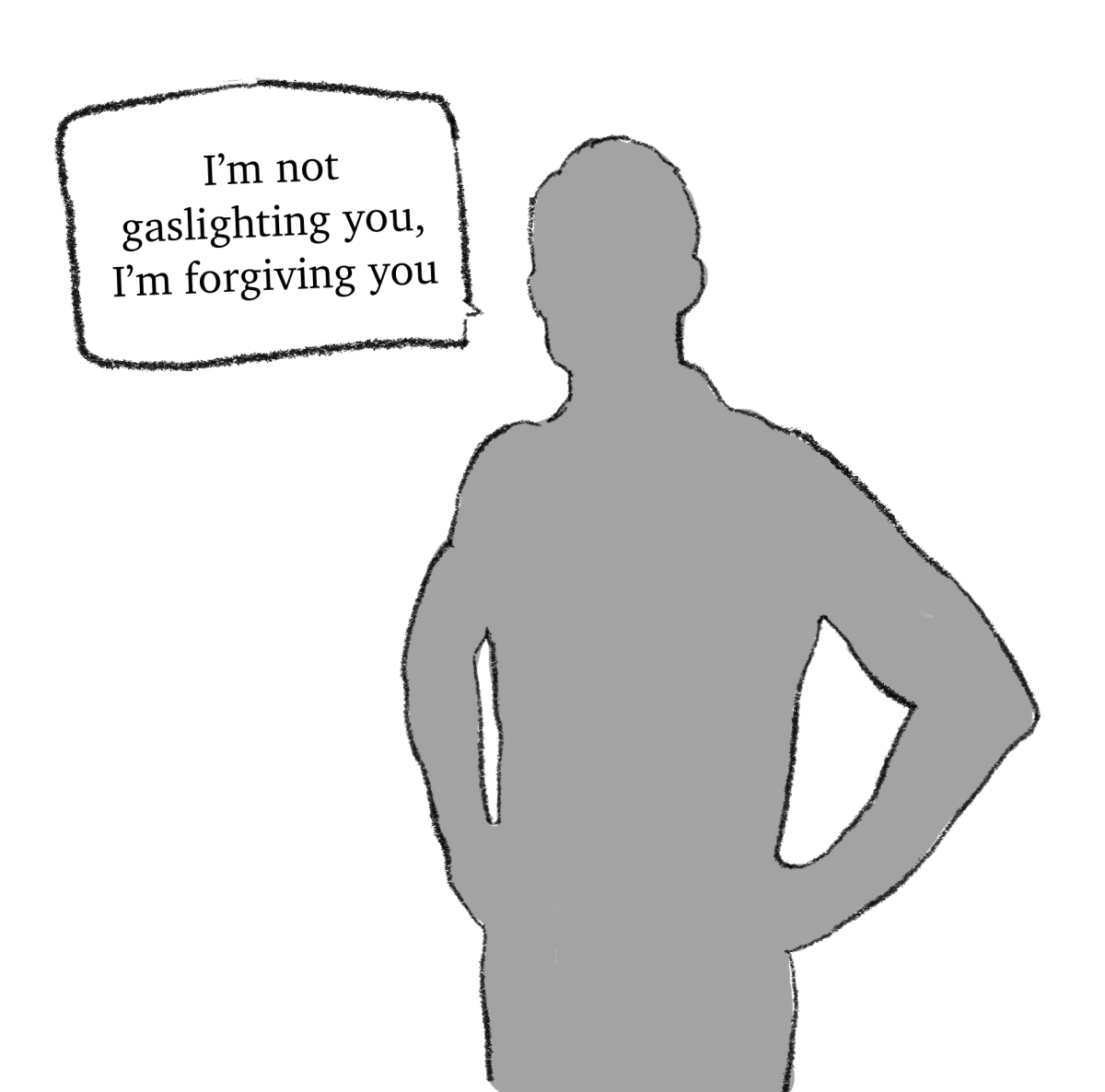When a person thinks of a library, the first thing that undoubtedly comes mind is countless shelves of books, but if Bexar County Judge Nelson Wolff gets his way that image could change in the near future.
Wolff plans to open America’s first bookless public library system, which he is calling BiblioTech, at 3505 Pleasanton Road here in San Antonio.
The concept of a bookless library is not a novel idea. In 2011, for instance, the library in Newport Beach,CA., had plans to go bookless, but those plans were scrapped after a lack of public support.
Trinity University librarian Diane Graves is doubtful that a completely bookless public library system can truly be successful, even in the current technological age.
“I think they are going to find that people are going to be asking for books pretty quickly, especially when you think about how much of a public library’s mission is around small children and literacy. Little kids like to own a book, and they like to physically hold it and experience it that way,” Graves said.
Sophomore English majors Josie Hammons and Mason Walker share Graves’ concerns over a bookless public library system.
“I can’t help but feel that in our transition from classic reading to cyber-reading, we’re losing something. Reading’s about the words and the world on the page, but it’s also about the transcendent tactile pleasures of thumbing through those pages, of hunting down dusty books covers, cracking open spines, making notes in the margins and, in my case, filling the book to bursting with Post-it observations,” Walker said.
Hammons went as far as to say that she hates the idea of a library without any physical books.
“I hate it. I understand where the idea comes from, and I understand why it’s being instituted. If there will only be one library of the many in San Antonio that’s all electronic, that’s fine, but if this is the way of the future, count me out,” Hammons said. “Take out the books and you have stacks of what? Chargers?”
Despite his preference to physical copies of books, Walker can see the benefits that a bookless library could possess.
“E-books are environmentally friendly, and slipping a slim, electronic tablet into one’s purse is a great deal more practical than lugging around an 800-page anvil. Additionally, the merging of traditional literature and groundbreaking technology is a good thing overall, as it expands the amount of information and ideas open to each reader, regardless of who they are or where they live,” Walker said.
One of the issues involved with constructing a bookless library comes in the form of financial questions. In several cases, publishers hike up the prices of e-books when they are selling them to libraries, so it is actually cheaper for libraries, to stick with traditional books.
“Publishers see libraries as a threat instead of an opportunity, but in reality, libraries are a great little marketing showcase that you can test-drive a book in,” Graves said.
No matter what route public libraries take in the future, Walker hopes that their mission will remain the same.
“A library’s job is to provide a well-rounded collection of books to the community in which it’s located. However, if you’ll pardon the sentimentality, I’d also say that public libraries have a deeper purpose: to enable access to mankind’s insights and imaginative feats, doing so at minimal cost to the reader,” Walker said.
Even with her strong disapproval of a library composed exclusively of e-books, Hammons believes that BiblioTech will be a success.
“I think it will be successful. I definitely think it’s wise to locate it where there is less access to books already. Putting it in a place where people can’t afford their own e-books, or even regular books, makes sense,” Hammons said.
Walker echoes Hammons’ thoughts on BiblioTech’s location in relation to its chances of success, and he also believes that it can achieve popularity in the city if it establishes itself as a modernized hangout spot.
“I think it could be [successful], if marketed correctly. By making reading into an Apple-esque, tech-chic activity, this concept just might render books trendy in a way they haven’t been for a while. It could also attract lower-income folks who don’t often have the opportunity to get their hands on this kind of technology,” Walker said.
Graves predicts that BiblioTech will excel in some areas, but she also thinks that it will be unable to compensate for the things that it will be lacking in comparison to a traditional library.
“It really does sound like they are putting it in an area with a seriously underserved population. Suspecting that, people will see it as a resource for just getting on a computer and getting out onto the Internet, and that could be a really good thing in an underserved population,” Graves said. “I think the ability to check out and download and read popular fiction will be difficult, and if that’s what the vision is, they will find that they’ll have to put in some shelves and buy some books. The same is true for children’s literature. There’s a lot they can do from the computer, but for true pleasure reading, I think they are going to be challenged.”
The facility is scheduled to be open in the fall of 2013. The startup cost for the project is $1.5 million and Bexar County soliciting for interested vendors.







